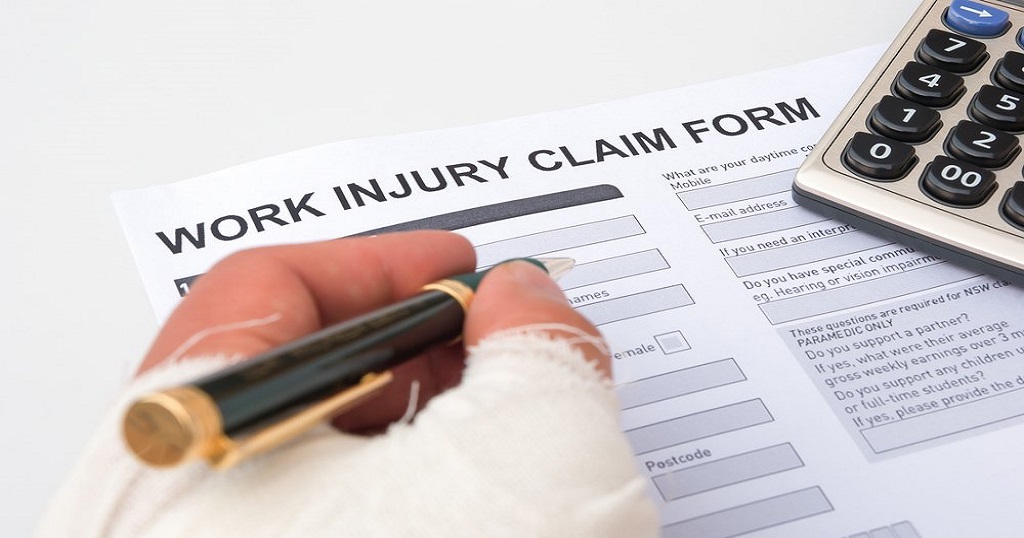How to File a Workers Compensation Benefits Claim

If your employee suffers an on-the-job injury or illness, it’s essential to follow your state’s rules for reporting the incident and filing a workers’ compensation benefits claim.
The process of filing a workers’ comp claim can be complex. You may need an experienced workers’ compensation attorney to navigate the system and protect your rights.
Medical Treatment
Getting the medical treatment, you need when you’re injured at work is essential. Getting the proper care can help you heal faster, reduce your risk of re-injury and ensure workers’ compensation covers you for any future medical costs.
You should report your injury as soon as possible, and make sure that you complete an Employee Claim Form (C-3), also called a First Report of Injury or FROI. This document must contain accurate and complete information about the injury and any injuries you sustained.
Your doctor should provide you with a written diagnosis. This documentation will be used to help support your claim for benefits.
Choosing a doctor who understands your job and can properly diagnose your injuries is essential. Having a doctor you trust you will help ease your fears and allow you to focus on your recovery instead of worrying about the cost of getting treatment.
Depending on your state, you may be required to see a specific doctor within your employer’s preferred provider network for the first visit. You can then switch to your doctor if you wish.
In some states, you can change doctors as often as you like without permission from your insurance company, but it’s a good idea to talk to your attorney about this. Changing your doctor could result in additional medical bills, but it could also prevent you from getting any more benefit money if your claim is denied.
Claim Forms
If you or one of your employees has suffered a work-related injury, filing a Workers’ Compensation benefits claim as soon as possible is essential. Please do so to avoid your claim being denied or not getting all the help you deserve.
In most states, there are specific forms that an injured worker must fill out to report the incident and receive benefits. These forms will detail the nature of your injury, where and when it occurred, and any other information that may be relevant to your case.
You must fill out this form within two years of the date of an accident that caused your illness or injury. However, you may be able to file the form even if your medical condition has yet to surface as long as you can prove that the illness or injury is work-related.
The form also includes an Authorization for Disclosure of Health Information section that must be signed and dated. This is a required form, as it allows the Commission to obtain medical records from your doctor. The claim form must contain this authorization to be accepted and returned to you.
Insurance Company
If you’ve been injured at work, filing a Workers’ Compensation benefits claim as quickly as possible is essential. There’s a deadline for filing a claim, and delayed reporting can jeopardize your chances of obtaining workers’ comp benefits.
It would help to write your employer as soon as you discover the injury or illness. It is important to do this immediately, as delays can affect your case and increase the costs of a claim investigation.
Your employer must post a notice of workers’ comp coverage on a prominent location at the workplace. The sign will tell employees they have the range and outlines the duties of both the employer and the employee.
Insurance companies must also inform an injured employee if they can use an in-network doctor for treatment. If the medical care you receive is out-of-network, you may be responsible for paying the costs yourself.
After a certain number of days are missed due to a work-related illness or injury, you can be entitled to wage replacement benefits. These payments are usually two-thirds of your average weekly wage.
Many people have questions about these benefits and how they work. If you have any issues, let’s speak with an experienced workers’ comp attorney as soon as possible. They can help you gather the evidence needed to support your claim and fight for the benefits you’re owed.
Hearings
A hearing is an essential step in the Workers’ Compensation claims process. It allows an injured worker to challenge the decision of their employer’s workers’ comp insurance company.
A hearing involves a judge (usually an Administrative Law Judge or ALJ) who will hear testimony and review medical records and wages from you, your employer, and the insurance company. The parties may also submit evidence from doctors and other experts.
During the hearing, you and your lawyer will present your case and explain why you deserve an extensive workers’ compensation award. Your employer’s and the insurance company’s attorneys will counter with arguments against your claim and for a minor award.
At the end of the hearing, you will be awarded a settlement based on the judge’s decisions. If you and the insurance company agree to the terms of the settlement, the agreement is submitted to the Board for review.
After the Workers’ Compensation Board reviews the settlement, you will receive a Notice of Approval. However, you and the insurance company have ten days to withdraw from the accommodation.
If you are not satisfied with the outcome of your hearing, you can appeal to a lower court. The Appellate Division of the Third Department of the Supreme Court will consider the evidence presented by both sides and witness testimony before determining whether you are entitled to benefits. If the Appellate Division upholds your claim, you can file an appeal with the New York Court of Appeals.
